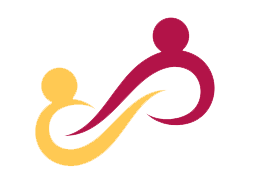Planning Water Security in Low-income Urban Neighbourhoods through Co-creation




Global temperature increase disrupts the delicately balanced water cycle. This accelerated evaporation of surface water increases precipitation amount leading to unpredictable rain and water-logging (urban floods).
The scarcity of water in informal settlements in Indian cities (largely reliant on surface and groundwater for domestic needs) is a recognized climate-induced stressor. Increasing demand for water and excessive groundwater extraction deplete water tables, leaching harmful minerals into the soil. Water scarcity might enhance human heavy metal exposure owing to low dilution and increased uptake secondary to higher retention under low flow. Informal settlements do not have adequate rainwater drainage and sanitation (solid and liquid waste) systems; excess precipitation results in uncontrolled run-off water.
Climate change induced uncertainty (too much or too less) of water availability has consequences on sustainable livelihoods and well-being, especially gender and health impacts (rising malaria, dengue, jaundice) in informal settlements.
PRIA is undertaking a co-creation process in two urban settlements in Gurugram and Delhi – Ghata and Gautampuri. The objective of the co-creation process is: to understand implications of uncertain availability and decreasing quality of water due to climate-induced impacts on the daily lives, livelihoods, and health of urban poor communities and center this lived knowledge of risk and vulnerability in future action research to inform stakeholder actions towards inclusive planning for water security in low-income neighbourhoods.
Activities to be conducted:
Partners: Centre for Community Medicine, All India Institute of Medical Sciences (AIIMS), Delhi; ICMR – National Institute for Research in Environmental Health (NIREH), Bhopal; School of Art and Architecture, Sushant University, Gurugram; Shaheri Gharelu Kamgar Union (City Domestic Workers Union), Community for Social Change and Development, Gurugram, Haryana.
Funder: Adaptation Research Alliance